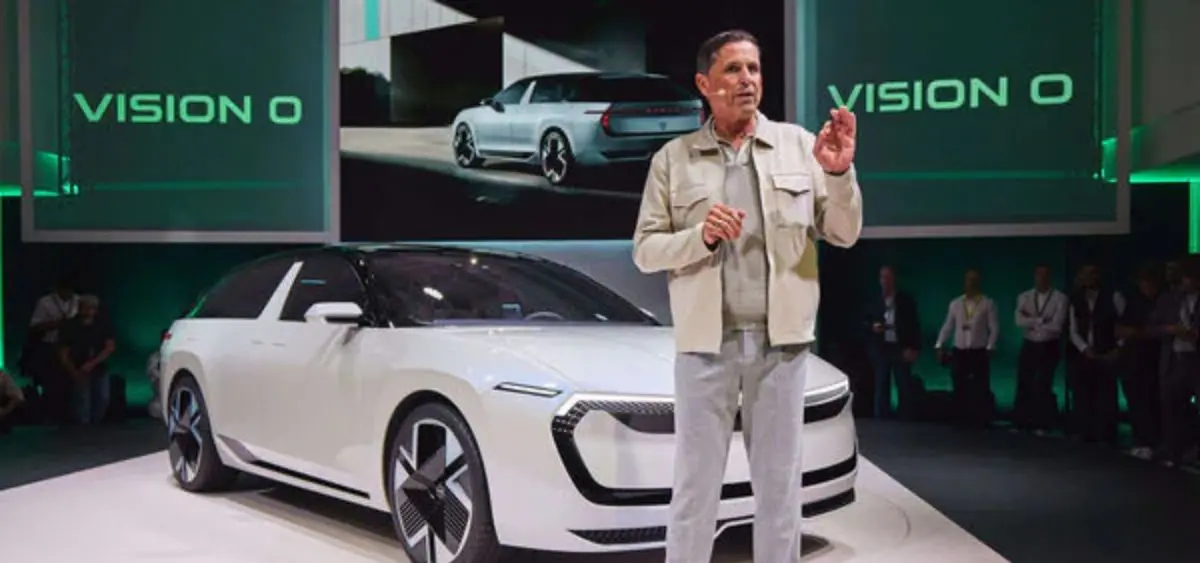Skoda to Focus on India to Drive Growth: Skoda Auto is setting its sights on India as the “second pillar” of its global strategy, aiming to reduce its reliance on the European market. At the IAA Mobility 2025 event in Munich, CEO Klaus Zellmer emphasized the company’s long-term vision for India, focusing on localized production, electric mobility, and diversification of global operations.
India as the Second Pillar of Growth
Skoda Auto sees India as a crucial market to balance its global business. With geopolitical uncertainties and market risks in regions like China and the US, the company recognizes the need to diversify. “To depend just on one region is not a good idea. Many car companies have learned this the hard way. The second leg clearly is India,” said Zellmer.
Evolution in India: The India 2.0 Project
Skoda’s journey in India has already gained momentum through its India 2.0 project, launched in 2018 with a €1 billion investment. This initiative developed the MQB-AO-IN platform, leading to successful models like the Kushaq and Slavia, which boosted sales and brand presence. Skoda also expanded its dealer network, improved its after-sales service, and doubled its sales in 2024 compared to the previous year. These achievements have built a strong foundation for the brand’s next phase in India.
CMP 21 Platform: The EV Game-Changer
The centerpiece of Skoda’s future in India is the CMP 21 platform, which will be localized for Indian manufacturing and sourcing. Originally developed in China, this flexible platform will support multiple EVs designed specifically for Indian consumers. Zellmer revealed that Skoda is also working on an affordable EV tailored to local needs and hinted at the possibility of introducing a smaller EV to meet CO2 emission standards. This marks a big step toward Skoda’s full-fledged entry into India’s electric vehicle market.
EV Plans and European Models
At IAA 2025, Skoda showcased its Epiq EV and the futuristic Vision O wagon concept for the European market. However, Zellmer clarified that the Epiq EV is not part of India’s strategy, stressing that the Indian market requires “made for India and made in India” products. This aligns with the brand’s goal of affordability and localization.
Policy Boosts: GST and E20 Fuel
Zellmer praised India’s GST reforms, calling them a boon for the automobile industry. Lower GST rates, he said, will boost car sales and drive consumer demand, particularly in the mass segment. He also supported India’s move toward E20 fuel, noting its role in cutting CO2 emissions. “The enemy to fight climate change is CO2, not the drivetrain. Any initiative that reduces CO2 emissions is a good move,” he added.
Challenges and Commitment
While Skoda Auto Volkswagen India faces challenges, including a $1.4 billion tax dispute, the company remains firmly committed to the Indian market. By investing in local platforms, developing affordable EVs, and embracing government policies, Skoda is preparing for sustained growth.
Conclusion
As Skoda Auto positions India as its second growth pillar, the focus is clear: localization, affordability, and electrification. By reducing dependence on Europe and betting big on India, Skoda is not just entering a new chapter—it is rewriting its global growth story with India at its core.
Related Articles:-

